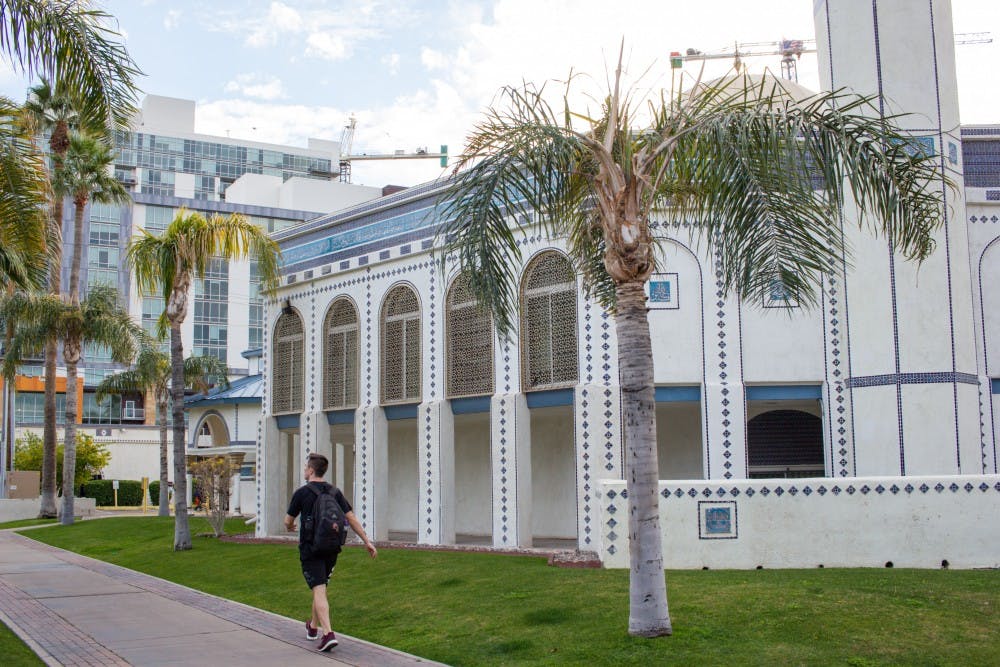Every two weeks, a group of 25-30 students gather in the elegant white halls of the Islamic Community Center of Tempe (ICC) to discuss their faith and strengthen their community.
But these “Chai Chats,” hosted by the ASU Muslim Student Association, are more than just gathering places for the University's Muslim students — they help the community connect with the surrounding student body.
“We’ve had a lot of different people from different faiths drop by a few times, just because they like the conversation and the environment," said Nadia Muraweh, a junior studying global health at the ASU College of Liberal Arts and Sciences and the social director of MSA at ASU.
While the chats emphasize Islamic faith, participants can address anything from relationships to finding purpose.
"The main goal of the chai chat is just for us to be really open and have those open discussions," Muraweh said. "We don't want to make it feel like things are too taboo to be talked about. We want others to be able to be comfortable sharing.”
The discussions, which are led by ICC’s Imam Omar Tawil, can appeal to people from any background because the topics discussed are universal, said Mario Garcia, a local artist and community member of ICC.
“We've had so many people from other religious communities or non-religious people," Garcia said. "It's a good environment for discussion, not just on Islam, but on humanity. It is really impacting me in that sense to see how progressive people are.”
Garcia said he also enjoys how open the free-form style discussion is.
"It's not just a lecture or a talk," he said. "I love the fact that anybody can comment at any time. That's what it's all about. It's very interactive. Everybody's engaged."
Having the discussions open for people to contribute freely allows the chats to help participants grow in a multitude of ways, said Marium Eldessouki, a volunteer for MSA who graduated from ASU in 2018 with a degree in exercise and wellness.
“Whether it's relationships stuff, how to find your purpose, what's meditation or prayer, physical well-being, mental well-being — everything ties together and it's open for whoever wants to facilitate a topic,” Eldessouki said.
Eldessouki also said the calm atmosphere of the ICC lends itself well to fostering the chats.
“They have different teas, milk, sweetener and it just makes you feel very at home,” Eldessouki said. “It's just really nice that we get to sit down together and have a warm beverage in hand and just discuss topics that aren’t shared on the regular.”
Participants in the chat usually sit on the floor on a rug and get snacks, which helps keep the chats from feeling too formal, Muraweh said.
The chai chats are inspiring because they show that people from diverse backgrounds can interact and grow together, Garcia said.
“It's just showed me that there are a lot of other people out there that are thinking bigger than just, ‘How can we benefit as a Muslim community?’" he said. "It's more of like, 'How can we plug into more communities and just continue to evolve within ourselves?'"
The next chai chat will take place on Jan. 22, 2019.
Reach the reporter at tlhill9@asu.edu and follow @hilltroy99 on Twitter.
Like The State Press on Facebook and follow @statepress on Twitter.




